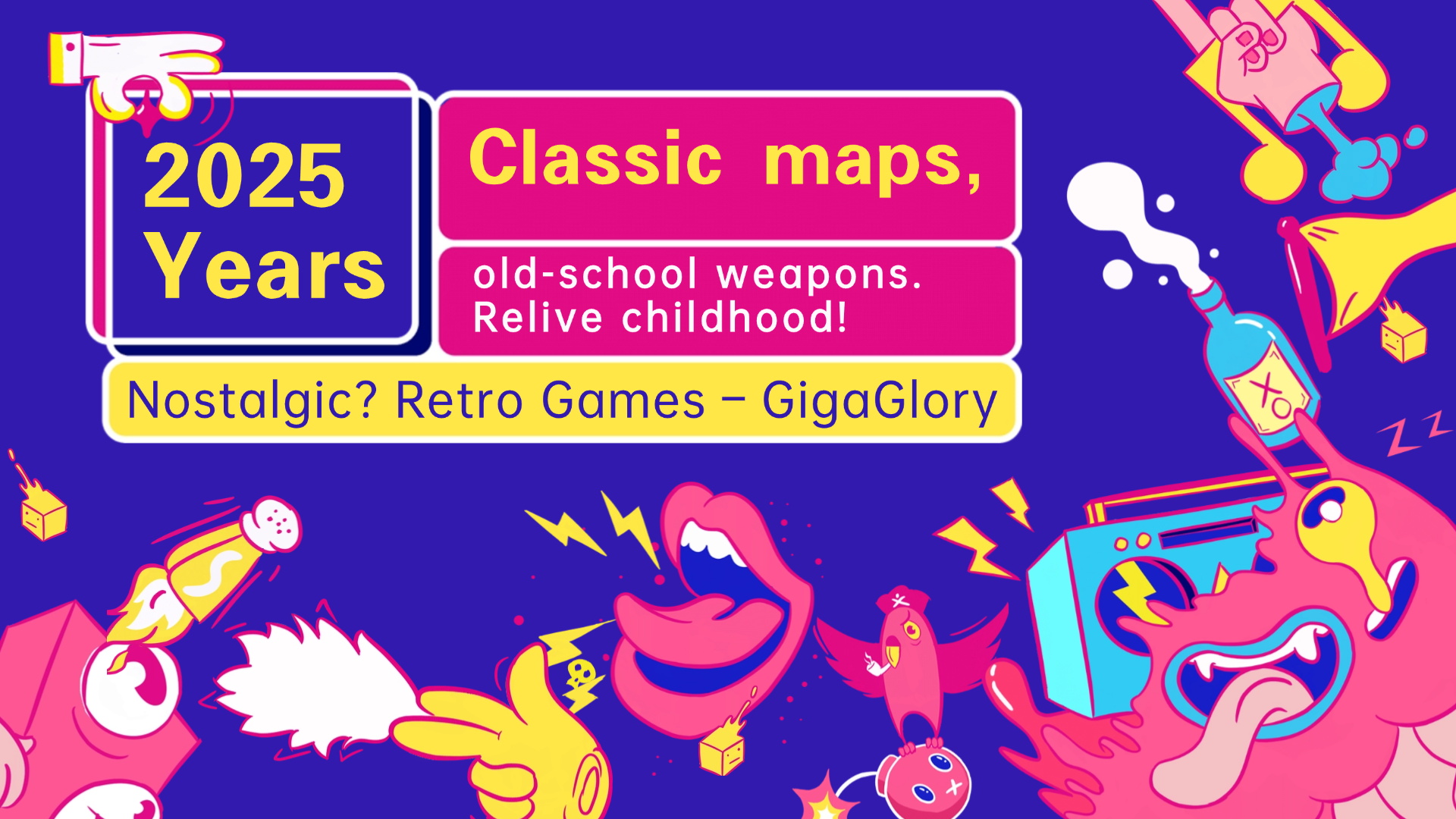How MMORPGs Are Revolutionizing Educational Games: Engaging Learning Through Virtual Worlds
In the ever-evolving landscape of education, traditional methods often fall short in engaging students and promoting effective learning. Meanwhile, MMORPGs (massively multiplayer online role-playing games) have surged in popularity, captivating millions around the globe. These virtual worlds present a unique opportunity to intertwine entertainment with education. This article explores how MMORPGs are transforming educational games, creating immersive learning experiences for players, with a closer look at examples like Clash of Clans for strategies and synchronization in educational environments.
The Rise of MMORPGs in Education
MMORPGs have established themselves as a potent force in entertainment. But their potential extends beyond games; they offer mechanisms that educators can leverage to facilitate learning.
- Interactive Learning: Players learn techniques and strategies by participating actively.
- Community Engagement: MMORPGs foster collaboration among players, promoting teamwork and communication.
- Feedback Systems: Instant feedback helps players improve, mirroring the learning process.
Why Gamify Learning?
Incorporating gamification into education can significantly enhance student engagement. MMORPGs offer a fun environment where children can explore complex subjects without feeling overwhelmed.
| Benefits of Gamified Learning | Impact on Students |
|---|---|
| Higher Engagement | Students explore content with enthusiasm. |
| Improved Retention | Interactive elements help solidify understanding. |
| Skill Development | Encourages critical thinking and problem-solving. |
How MMORPGs Facilitate Learning
So, how exactly do MMORPGs manage to achieve effective learning? They utilize various techniques, making them ideal educational platforms.
1. Immersive Environments
Players are not just passive observers – they’re immersed in meticulously designed worlds where learning is both experiential and enjoyable. For instance, a game similar to Last War: Survival Game promotes survival skills through resource management and strategy planning.
2. Strategic Thinking Enhancement
MMORPGs require players to devise strategies, plan ahead, and think critically. This is similar to crafting a solid base in Clash of Clans, testing one's defensive and offensive tactics against others.
3. Real-World Applications
Many MMORPGs involve elements that reflect real-world scenarios, offering players a chance to apply their knowledge practically. When students engage in role-playing activities, they're practicing skills transferable to real-life situations.
Gamified Education: Key Features
Here’s what an ideal MMORPG educational game might incorporate:
- Personalized Learning Paths: Tailored challenges based on the player's skills.
- Rewards Systems: Incentives for completing tasks enhance motivation.
- Collaborative Tasks: Group challenges promote communication and teamwork.
The Challenges of Integrating MMORPGs into the Classroom
Despite their potential, integrating MMORPGs into education isn’t without challenges. Educators must carefully balance gaming with instructional goals.
1. Curriculum Alignment
Aligning game content with educational standards can be difficult. Instructors need to ensure the learning objectives correspond to the in-game tasks.
2. Screen Time Concerns
Many parents and educators express concern over screen time. Moderation is essential to prevent excessive gaming habits amongst students.
3. Technical Requirements
Not all schools have the technological infrastructure to support MMORPGs, potentially increasing the digital divide between students.
Successful Examples of MMORPGs in Education
Several educational MMORPGs have already made their mark. These games showcase possibilities for student engagement and learning effectiveness:
- World of Warcraft: Used in courses ranging from history to social science.
- Minecraft: Education Edition: Teaches problem-solving and creativity in a virtual world.
- Eco: A game designed for environmental education and awareness.
The Future of Educational Games
As technology continues to advance, the integration of MMORPGs into educational frameworks is likely to increase. Schools might start adopting these games more regularly, reshaping what we know about educational environments.
1. Emerging Trends
As cloud gaming evolves, access to MMORPGs will expand, allowing more students to participate. World-building mechanics could serve as vessels for teaching various subjects.
2. Increased Collaboration among Educators
Collaboration between game developers and educators will help design tailored content that fits academic standards and helps to overcome existing challenges in gamification.
Conclusion
As we’ve seen throughout this article, MMORPGs are more than just worlds to escape into; they have immense potential for revolutionizing education through engaging and interactive learning experiences. The future of education could be one where immersive games like those inspired by Clash of Clans and Last War: Survival Game become commonplace, revolutionizing how students learn and collaborate in the process. By embracing these digital environments, educators may forge a more engaged, informed, and capable generation. The road ahead is promising, and it’s exciting to witness the unfolding convergence of gaming and education!



